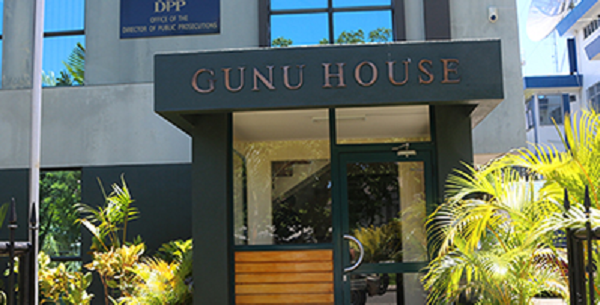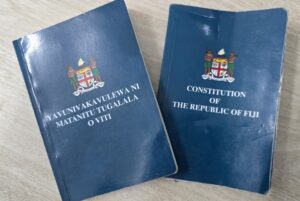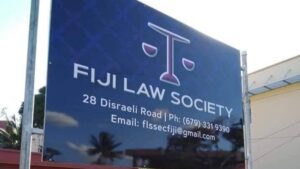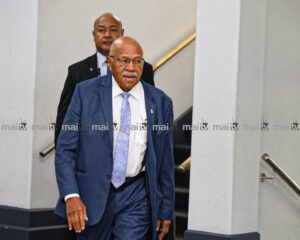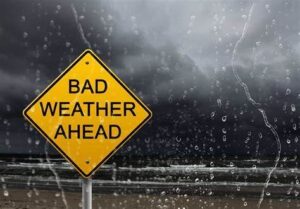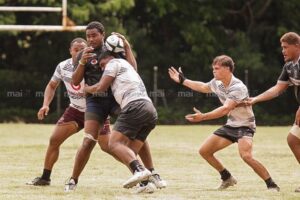Two of Fiji’s legal authorities are demanding that John Rabuku resigns after the country’s Supreme Court deemed him ineligible to serve as Acting Director of Public Prosecutions (DPP) despite his insistence on formal notice.
The ruling handed down Friday June 28 prompted immediate calls for his resignation from the Attorney General and the Fiji Law Society, especially after Rabuku stated he would not step down until he receives formal communication from the Cabinet or the Judicial Services Commission (JSC).
In a brief statement posted on the Fiji Government Facebook page this evening, Attorney General Graham Leung stated, “He should do the honourable thing and step aside. The office is bigger than the individual.”
Echoing similar sentiments in a statement, Wylie Clarke, President of the Fiji Law Society, pointed out the importance of respecting the Supreme Court’s judgment and maintaining the integrity of the legal system.
“The Supreme Court ruled that Mr. Rabuku was disqualified from appointment as acting Director of Public Prosecutions under the Constitution,” Clarke stated, referring to the court’s interpretation of Section 117(2) and the disciplinary disqualification under Section 105(2)(b).
Rabuku, who assumed the acting DPP role last October following the sudden passing of Acting DPP Ratu David Toganivalu, has remained defiant.
In an interview with the Fiji Sun today, Rabuku asserted his intention to stay in office.
“I won’t resign because the appointment came from the President,” Rabuku told the newspaper. “Until I hear from them, from JSC or whoever, then we can take it from there and move forward.”
This stance has drawn criticism from various quarters, including legal experts and civic groups, who argue that Rabuku’s continued tenure undermines the authority of the Supreme Court and the principles of good governance.
Clarke highlighted that high public officials, especially those central to the administration of justice, have a heightened duty to obey the law.
“In a society governed by rule of law, all must obey it. High public officials such as Mr. Rabuku… have a consequently higher duty to obey the law and not to try to frustrate it,” Clarke stated.
The Supreme Court’s opinion followed a reference from the Cabinet under Section 91 of the Constitution, seeking clarification on Rabuku’s eligibility. The court found that Rabuku’s prior discipline for professional misconduct disqualified him from any judicial appointment, including the role of acting DPP.

